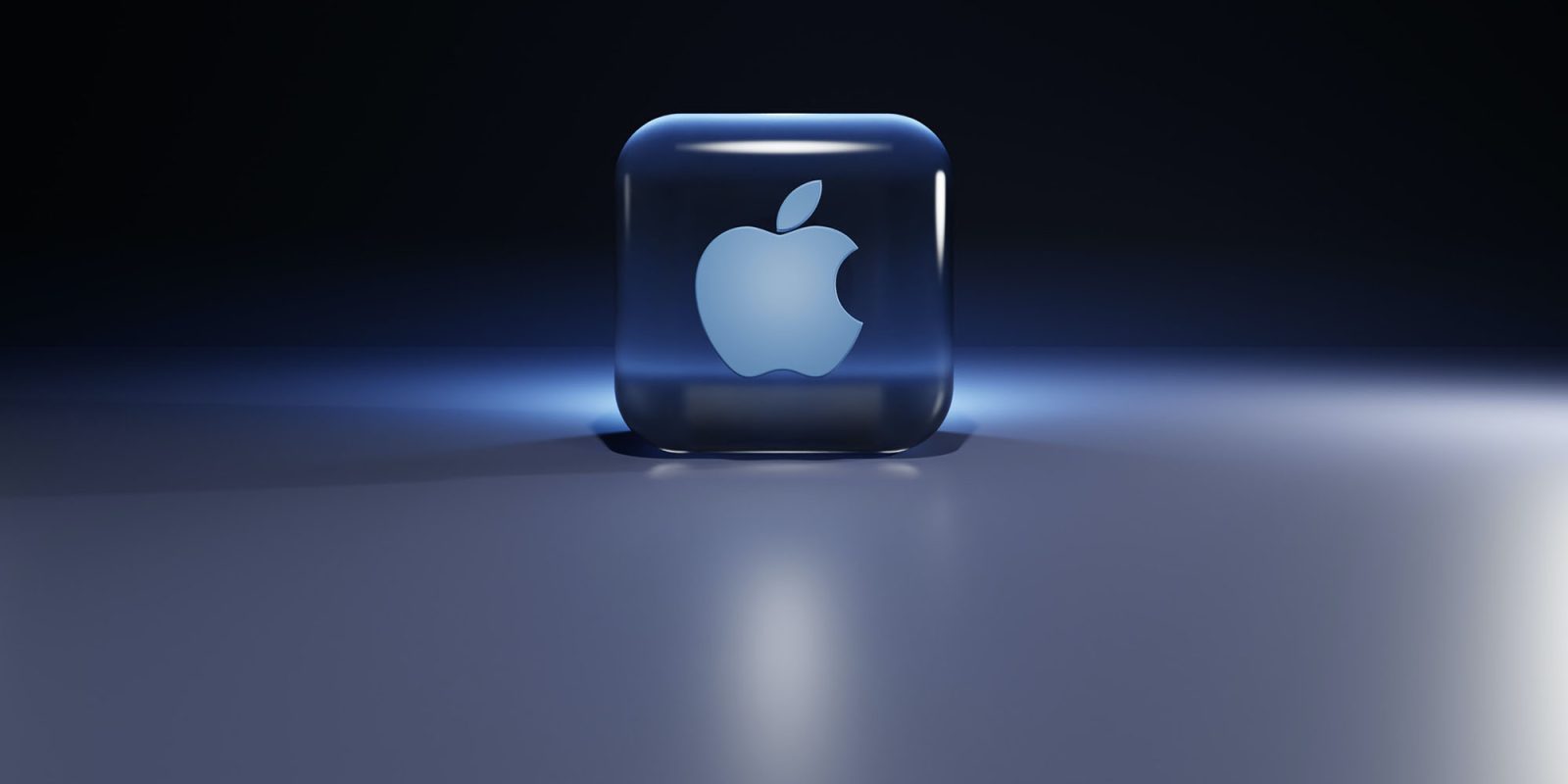
Daring Fireball’s John Gruber has said that Apple’s decision to charge 27% commission on app sales made outside the App Store “reeks of greed and avarice.”
He also backs the view I expressed yesterday that the iPhone maker is putting itself in the firing line of regulators and legislators, while a majority of 9to5Mac commenters appear to disagree …
Gruber said that how Judge Rogers would view this action is unclear, and he’s pleased to see it being challenged in order to find out.
I’m glad that Sweeney and Epic plan to contest this, because I’m genuinely curious whether Judge Yvonne Gonzalez Rogers sees Apple’s solution as complying with her injunction against their prior anti-steering rules.
His personal view is that Apple is legally correct, but morally wrong.
I’m not sure at all that Apple is doing anything contrary to the law. Sweeney (and other critics of Apple’s stewardship of iOS as a tightly controlled console) believe Apple both shouldn’t and legally can’t comply with the anti-steering injunction this way. I only believe Apple shouldn’t, not that they legally can’t.
He echoes my view that this strategy will only make things worse for Apple in the longer run.
My argument remains that Apple should not be pursuing this plan for complying with the anti-steering injunction by collecting commissions from web sales that initiate in-app. Whatever revenue Apple would lose to non-commissioned web sales (for non-games) is not worth the hit they are taking to the company’s brand and reputation — this move reeks of greed and avarice — nor the increased ire and scrutiny of regulators and legislators on the “anti-Big-Tech” hunt.
Apple should have been looking for ways to lessen regulatory and legislative pressure over the past few years, and in today’s climate that’s more true than ever. But instead, their stance has seemingly been “Bring it on.” Confrontational, not conciliatory, conceding not an inch. Rather than take a sure win with most of what they could want, Apple is seemingly hell-bent on trying to keep everything. To win in chess all you need is to capture your opponent’s king. Apple seemingly wants to capture every last piece on the board — even while playing in a tournament where the referees (regulators) are known to look askance at blatant poor sportsmanship (greed).
Apple’s calculus should be to balance its natural desire to book large amounts of revenue from the App Store with policies that to some degree placate, rather than antagonize, regulators and legislators. No matter what the sport, no matter what the letter of the rulebook says, it’s never a good idea to piss off the refs.
Like Gruber, I would like to see Judge Rogers rule on this. She previously said that Apple could continue to charge a commission, but didn’t express a view on what would be reasonable. I personally find it hard to imagine she had in mind a tactic which would make it non-viable for developers to exercise the freedom she granted to them.
Readers yesterday expressed a range of views on the case. The majority view appears to be that Apple’s stance is perfectly justified, and unlikely to be successfully challenged. Jared:
But the sale was still facilitated through the App Store, it was just finalized elsewhere.
Sticking with Ben’s department store example, its like the customer went to Nordstrom, saw the product on the shelf, asked a sales associate some questions, then went online and purchased it directly from the manufacturer.
Apple’s contention from the beginning is that their 30% cut is payment for driving sales to developers […] and this scheme is perfectly consistent with that view as well as the original District Court opinion.
Others think it’s morally dubious, but probably safe. Eric Ascher:
My view is that it’s really funny to think that our lawmakers will respond to this anytime soon. At least for the next 4 years (probably longer), I can’t imagine Congress having a majority of legislators who will actually do what they should do and regulate the hell out of Apple. It’s absolutely messed up for Apple to want to take a 27% cut of sales that happen days after someone visits a website they initially got to from an app. But Apple is a corporation, and its job is to maximize value for shareholders. Their main growth area is services, and it’s obvious that services doesn’t mean Apple News+. I’m not happy about it, but I can’t see Apple budging on this, nor can I see our government getting it together.
Others supported the view that it’s a dangerous path. Inkling:
Ben is right about the long-term implications. In numerous countries Apple flaunts laws and court decisions like a spoiled child. Eventually these government will adopt a no-nonsense attitude.
One common point from those on Apple’s side was that games consoles apply the same rules as Apple. However, a key difference is that Sony and Microsoft sell their hardware at a loss in order to generate revenue from software. For console manufacturers, a hefty app commission is vital for their business model. Apple, in contrast, earns the highest hardware margins in the business.
Spotify unsurprisingly added its own voice to the debate, calling Apple’s tactic “outrageous” and calling on regulators to act swiftly. This is very likely to happen in Europe, with less certainty in the US – where the Department of Justice is preparing an antitrust case against Apple, but the specific charges are as yet unknown.
Photo by BoliviaInteligente on Unsplash
FTC: We use income earning auto affiliate links. More.




